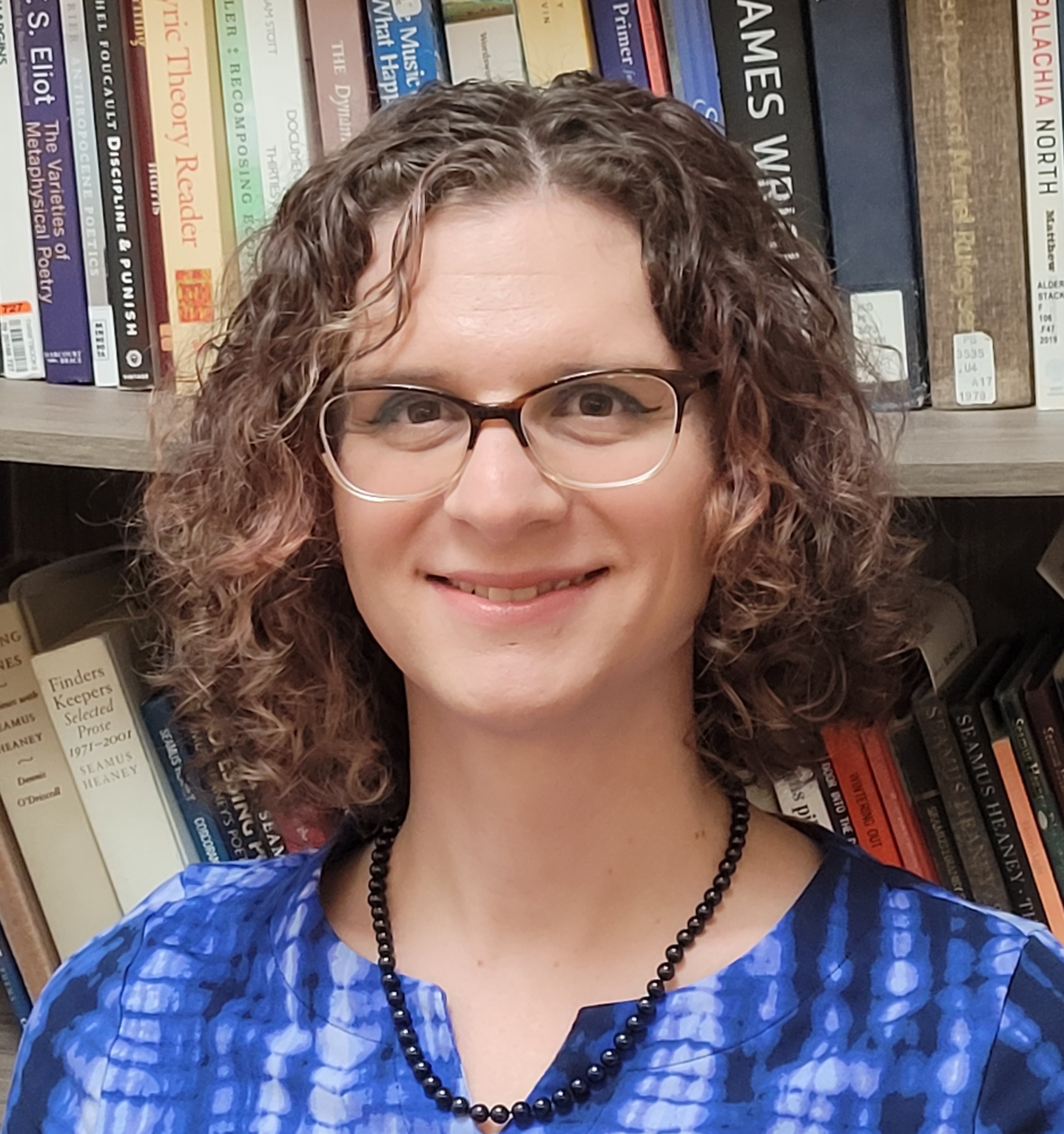Kathryn Bennington is a 6th year PhD candidate in the Department of English at the University’s Graduate School of Arts and Sciences. Her research examines the intersections of gender, poetry, and ecology. More specifically, she tracks the ways in which ecological and cultural materials are used to construct profiles of masculinities in the poetry of Robert Frost, Seamus Heaney, and James Wright
Kathryn took advantage of the Propose Your Own option of the internship program. She interned with the Institute for Shipboard Education in the Fall of 2021.
Q. What are your post-PhD career aspirations?
While I do plan to pursue a traditional tenure track position in my field, I am also interested in roles that will allow me to work with and support LGBTQ+ communities.
Q. Please summarize your PhD Plus internship
My internship was a "propose your own" project with the Institute for Shipboard Education. I initially wanted to work with UVa’s international studies office, but I was led to the Institute by a member of my dissertation committee who had connections there. I developed my own projects with my mentor that dealt primarily with developing support structures for trans* study abroad students. I have very strong feelings about education abroad, especially for Americans, and so I wanted to do something that would directly help my community while furthering my career aspirations.
Q. What professional skills did you develop during your internship?
Learning to communicate the content of high-level research to a broad (i.e. organization wide) audience was a key area of development during my internship. My main project in this area consisted of researching the state of gender inclusive / gender expansive housing initiative across American campuses, communicating that research in writing and in presentations to ISE’s Diversity and Equity Committee, and making recommendations for future housing policies to be implemented onboard the ship by the organization.
Q. How did the internship support your career development?
I have gained invaluable networking skills and connections as well as giving me a real world look into consulting work. As I alluded to in the question above, learning to communicate complex research to a broader audience from I was previously accustomed to posed a bit of a challenge. I had to learn to slow down and define things that only seemed obvious to me because I was so steeped in the research and my own lived experience as a trans woman. In short, don’t take your definitions slide out of your PowerPoint at the last minute.
Q. What advice would you give peers on utilizing PhD Plus internships for career development?
Keep an open mind once you get to your sponsor organization. You might learn some things you weren’t expecting to. I didn’t think I would need to know about how to license films to be shown in the common area of a ship in international waters, but I learned about it anyway.

